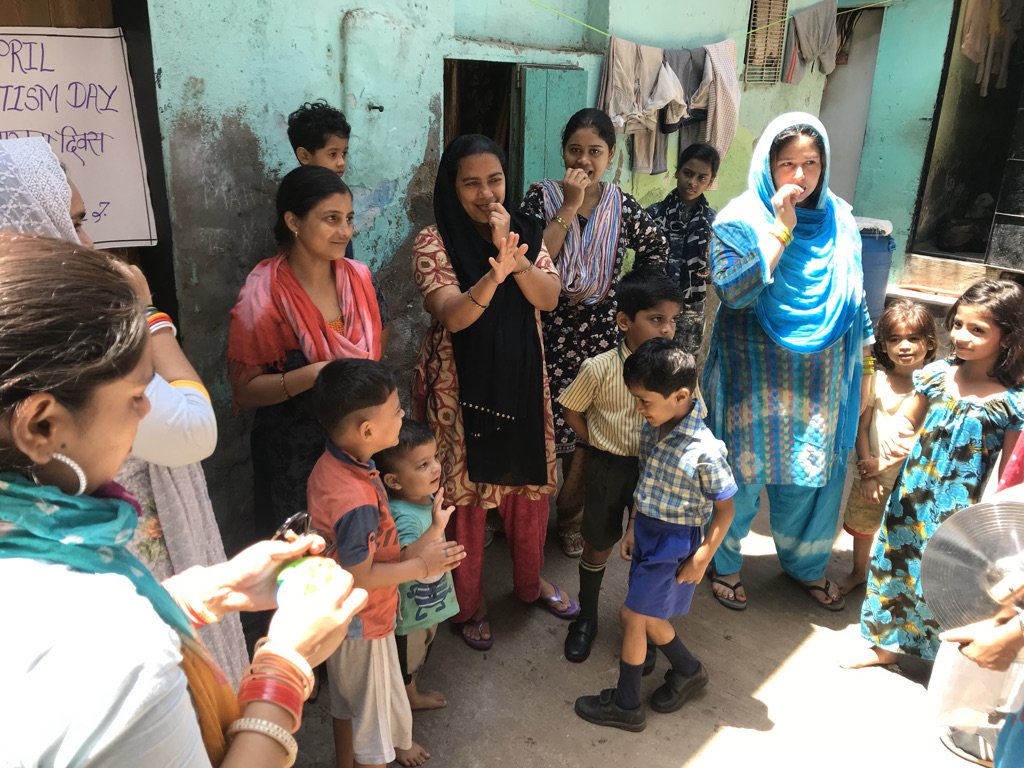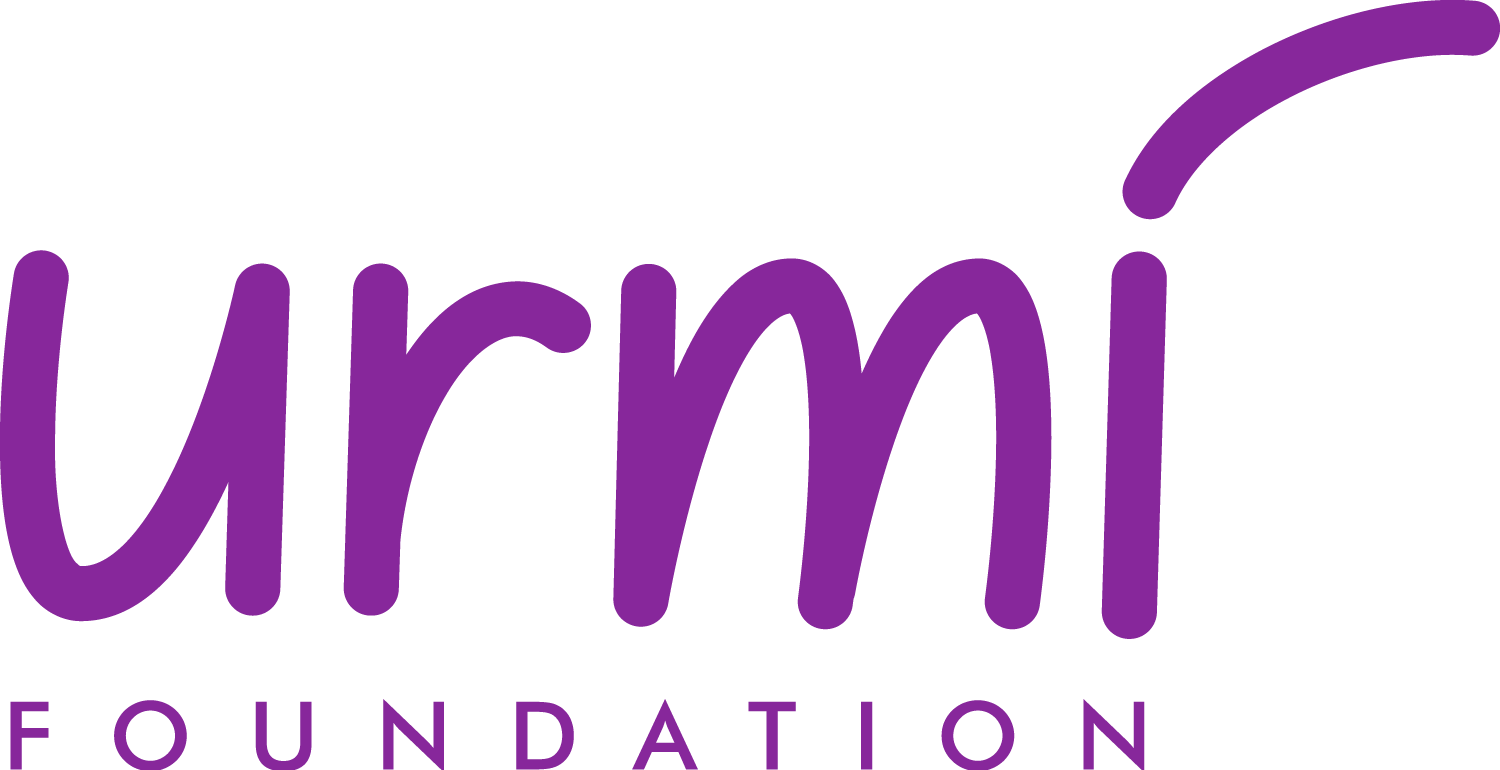-

Community Outreach and Mapping
We conduct intensive outreach at the grassroots level of marginalized communities to identify out-of-school disabled children for subsequent enrollment. Given the transient nature of the community, marked by migration, relocation, and changes in job profiles, our efforts aim to detect and address the needs of disabled children. In addition to identifying disabilities within these communities, we ensure that every stakeholder from the community is connected and contributing to the well-being of disabled children. For instance, primary health centers, Anganwadi facilities, ward officers, and Aadhar card offices are connected with us, intervening as needed to fulfill our mission.
-

Self Help Groups
Upon completing their education with Urmi until the age of 18, our focus shifts towards vocational training for the children. This training encompasses areas such as financial literacy, product manufacturing, marketing, and sales. We have established registered self-help groups comprising our special children, enabling them to unite and create employment and earning opportunities.
In every community where Urmi is active, such groups are registered and collaborate with local shops and small-scale businesses. These partnerships result in daily orders, providing sustainable employment for the special children involved.
-

Community Special Schools
Community schools focus on laying the foundation for education, encompassing activities of daily living (ADL) skills, basic language and math literacy, and social skills. In essence, we prepare them for formal schools. Upon completion of the community-based syllabus, the child is enrolled in a BMC special school partnered by Urmi for further learning. Each community school is strategically located in the same ward where Urmi BMC school is active.
In addition, for those who are bedridden or experiencing spasticity, teachers provide guidance and home programs regularly. We firmly believe that ‘Every child has the potential to learn’.
-

Anganwadi
In collaboration with Urmi, we provide guidelines to the Anganwadi system, enabling them to understand, detect, prevent, and plan simple activities to support disabled children below 6 years of age. We conduct training sessions for Anganwadi sevikas and teachers with the primary objectives of early disability identification, implementing disability-specific diet and nutrition plans for pregnant women, and promoting appropriate breastfeeding practices, especially for children with conditions like cerebral palsy that may impact jaw movement.
-

Hospitals
Urmi has forged partnerships with primary health centers and government hospitals, which often lack sufficient knowledge and resources to address behavioral issues in children with conditions like autism or ADHD. Additionally, these centers are frequently understaffed in comparison to the volume of patients they handle daily. In response to this gap, Urmi plays a pivotal role in addressing the issue by providing training to the MSW (Master of Social Work) department. This training equips MSW professionals to guide and support parents and children with disabilities.
-

BMC Special Education Department
Urmi has collaborated with the BMC Special Education Department to establish a partnership wherein our trained personnel are deployed to implement educational, pre-vocational, and therapeutic interventions in their special schools. This collaborative model is designed to maximize the potential of the children, their families, and the BMC Special Education Department.
-

Humsufar
Humsafar" is a "Parents Support Group" initiated and led by dedicated mothers of disabled children, created and trained by Urmi. This group comprises resilient leaders from the community who come together to offer mutual support in various aspects of child care, hospital treatments, and advocacy. Urmi's primary role is to create, train, and foster community-based leadership, resulting in the formation of groups like Humsafar.
